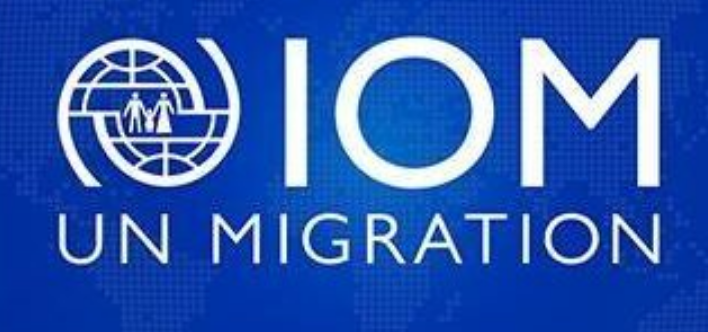New York (Web Desk): Director General of the International Organization for Migration (IOM), Amy Pope recently spoke about the ongoing crisis in Syria, underlining the country’s inability to support the return of millions of displaced Syrians following the fall of the Assad regime.
Pope, who had just returned from talks in Damascus, explained that the country’s infrastructure was decimated after 14 years of war, leaving communities unable to absorb large numbers of returnees.
Many people who had previously returned to Syria found their homes destroyed and their communities in ruins.
The war had not only ravaged homes but also key social infrastructure, such as hospitals, schools, and community centres.
She stressed that rebuilding homes was only one part of the recovery process; Syrians also needed access to vital services like healthcare in order to feel secure and lay the groundwork for rebuilding their lives.
Ms Pope added that more than half of Syria’s population had been displaced, and over six million Syrians had sought refuge in other countries. The situation remains dire, with approximately 16.7 million people in need of humanitarian aid.
Despite these immense challenges, Pope pointed out the critical need for international support in rebuilding Syria. She highlighted that the task of recovery was complicated by sanctions imposed by the US and EU, which were originally introduced in response to the Assad regime’s violent crackdown on protesters in 2011.
These sanctions, while meant to pressure the regime, have worsened the humanitarian crisis by limiting access to financial resources and basic goods, leaving Syrians unable to purchase essentials.
The UN Secretary-General, Antonio Guterres, also appealed for international solidarity with Syrians, urging the removal of sanctions once conditions allowed, and emphasizing the necessity of providing humanitarian aid.
Pope echoed this sentiment, saying that sanctions had made it extremely difficult for people to access cash, credit, or even basic necessities.
The country’s economic situation is in shambles, and many Syrians survive by bartering rather than buying goods.
In addition to these urgent humanitarian needs, the IOM chief stressed the importance of stabilizing the country’s situation in the long term. Recovery would not only require economic support, but also a commitment to justice, reparations, and inclusive rebuilding efforts.
The issue of land and property rights would be central to stabilizing communities, particularly in the context of displaced people returning to their homes.
While IOM has not been able to operate in Syria since 2018, Pope emphasized the organization’s intention to contribute to the country’s recovery, particularly in upcoming international efforts like the Syria reconstruction conference planned for January.
The ongoing conflict and the Assad regime’s resistance to outside aid have made it difficult for organizations like IOM to provide assistance.
Meanwhile, the World Health Organization (WHO) warned of the critical health situation in Syria. Displaced people are living in overcrowded conditions in camps, facing malnutrition, disease, and a lack of adequate healthcare.
Dr. Christina Bethke, the Acting WHO Representative in Syria, highlighted the immense strain on the country’s health system, with many hospitals either closed or unable to operate due to a lack of resources.
WHO has launched an appeal for $56.4 million to continue providing essential health services in the region, as the country’s health infrastructure remains severely compromised.
The road to recovery in Syria remains long and difficult, with the immediate needs of displaced people and the broader challenge of rebuilding the country’s infrastructure both requiring urgent attention.
Pope’s call for a reassessment of sanctions and continued international support reflects the gravity of the situation, with Syria’s future hinging on both humanitarian aid and a political commitment to long-term recovery and stability.


